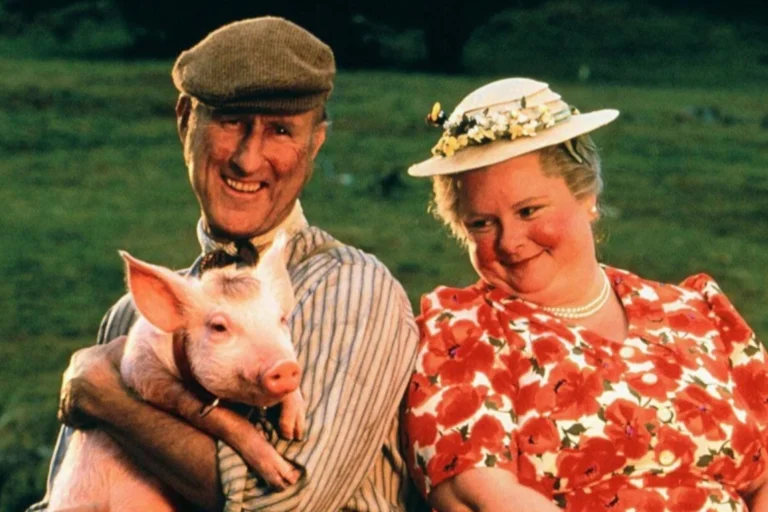Digging to Find the Theme in Your Novel
When you ask a fiction writer what her story is about, she will usually explain the plot. Yes, plot is what the story is about, but theme is what the story is really about, below the plot.
Do you really have to have a theme for your book? Not necessarily in a formal sense, but think about theme as some essential take-away thought you want to leave your reader with when they finish the book. Theme speaks to your plot, but more so to the heart of your story. One way to get to your theme is to ask yourself just why you are writing this book, anyway.
Do you have a message or something you want to say to your readers, some commentary on life, society, government, faith, or some other issue? Even if you are not trying to push a “message” per se, your book should be about something.
If you think hard and can’t come up with anything even barely important, meaningful, or significant about the story you want to tell, maybe you shouldn’t be spending all these months writing this novel. I sometimes come across writers who are stuck, can’t finish their book. They explain they’ve lost interest in the story. It just feels meaningless showing characters pursuing their goals or interests.
If that’s the case with you, it’s possible you haven’t really thought through the themes that lie beneath the plot. Maybe there’s a theme there that sparked your initial interest in your story idea but you haven’t identified it or mined it to discover the treasures inherent in that subliminal theme.
If you’re just writing a page-turning thriller or a straight genre mystery or suspense, you might not need an overarching theme. You might still write an exciting book that entertains. And that’s perfectly fine.
But you might be hoping to write a different kind of story, one that touches the hearts of your readers in some significant way.
Say It in One Sentence
If you were asked to tell someone in one sentence why you wrote your novel, what would you say? Can you think of something to say that will make the listener nod and say, “Wow, that’s interesting (or needed or pertinent or important or . . .)”?
If you can’t think of a significant take-away statement, then you might need to stop writing and start thinking. Maybe brainstorm words and phrases on a page. Or get into your protagonist’s head and freewrite as if you were him. Get him talking about what he cares about, why he would chase after the goal you’ve given him. Or would he would do if his core need isn’t met.
Theme is your character’s inner motivation made universal. When you key in on what your character really wants, what’s driving her, you will discover the theme for your story. Theme isn’t a word, like justice. Theme is better understood as a question or a scenario. For instance: Lisa tries to find out how her father died twenty-five years ago. She’s been told lies by her mother all her life. She needs to get to the truth because she believes it will help her brother’s spiraling depression. But when her search for truth creates tension and devastation in her marriage and family, she wonders if the search for truth is worth it.
In my novel Conundrum my character, Lisa, is driven for a need to know the truth. But she also needs to protect her family from the fallout of lies. Therein lies my theme, centering on truth and lies. Is pursuing the truth at any cost worth it? Is it better to live in ignorance and peace than risk all that’s precious by uncovering the truth? These are the questions that came to me as I worked on my novel.
Your theme or point—what the reader is getting into and why she should care—needs to be hinted at in the first page or two. A tall order? You bet. But if you can determine clearly why you writing this story and what is the one thought, message, idea, conclusion, or feeling you want your readers to take home with them when they finish reading your book, you should be able to give some indication of this through your protagonist—by action, thought, or dialogue—in those first paragraphs.
Whatever that is must be set up in the first few pages, even if just a hint of a promise of what to expect. If your book is about forgiveness, then something about forgiveness or lack thereof must be an important element of your opening scene, and for it to be thematic, it will need to be reiterated throughout the book, and especially at the end.
Bringing a hint of your theme out right away also clues the reader into what the book is really about, and reveals a bit of the heart of your story.
How do you find your themes? Can you think of any novels you’ve read recently that set up a great theme and weave it well through the story? Share in the comments.
Featured Photo by Andres Siimon on Unsplash.











